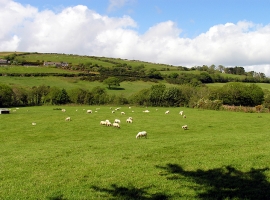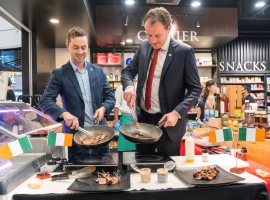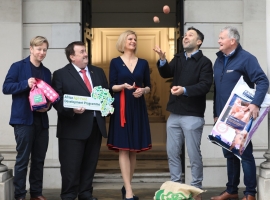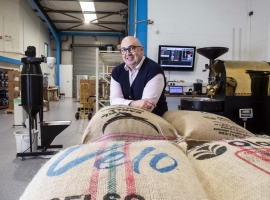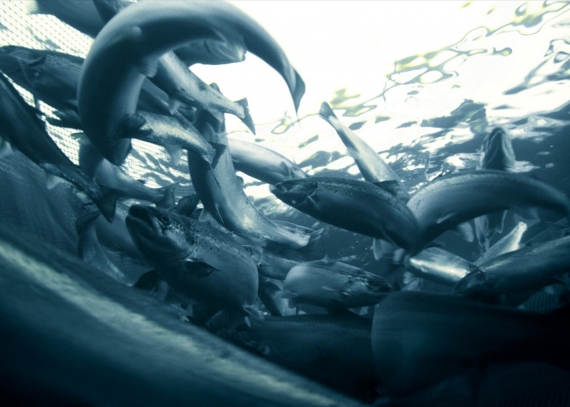
Britain and the European Union have made good progress in talks on a last-minute trade deal that would stave off a tumultuous finale to the five-year-old Brexit crisis, but fish is the biggest sticking point.
The United Kingdom left the EU in January but the two sides are trying to clinch a deal that would govern nearly a trillion dollars in annual trade before informal membership - known as the transition period - ends on Dec. 31.
"We're in intense negotiations with the EU - we've made real progress," Trade Secretary Liz Truss said. "We're making good progress on the negotiations."
"But if the EU aren't prepared to do a deal that allows the UK to retain its sovereignty, then we will go to Australia style terms, and I think that's perfectly reasonable."
After threats from Britain that it would undercut the 2020 divorce treaty, and Johnson briefly broke off trade talks on Friday, the EU said it was ready to talk about draft legal texts of a deal.
The chief negotiators of Britain and the European Union, Michel Barnier and David Frost, meet on Friday for intensive negotiations.
After some progress on competition guarantees including state aid rules, the hardest issue remains fish: Johnson has insisted on taking back control over its waters while the EU wants access to the fishing waters.
Ireland's foreign minister said he believed Britain and the EU could reach a trade deal now the talks were back on track, but added the issues of fair competition and fisheries hampering an accord were "still very much there".
"I think a deal can be done... What we have now, after all sorts of politics being played, is a process that is back on track," Simon Coveney said, adding, however, that both sides remained "miles apart" on fishing.
Asked if there would be a deal, Britain's junior finance minister Stephen Barclay said he hoped there would be but fishing was a key sticking point.
"(The) deal needs to reflect that fact that we're leaving the EU, we will regain control of our fisheries," he told Sky.
At a briefing with diplomats in Brussels on Wednesday, Barnier said he was only worried about fish, one person who participated in the closed-door meeting said.
"Fish is now the thing to tackle. The other elements seem doable, more or less," the diplomat said.
While fishing alone contributed just 0.03% of British economic output in 2019, it is an emotive subject as many Brexit supporters see it as a symbol of the regained sovereignty that leaving the EU should bring. Combined with fish and shellfish processing, then the sector makes up 0.1% of UK GDP.
For French fishermen, British waters are crucial and being locked out would cause trouble for French President Emmanuel Macron.
The United Kingdom first sought membership of the European Economic Community (EEC) in 1961, but Charles de Gaulle vetoed Britain’s accession in 1961 and 1967, accusing the British of “deep-seated hostility” to the European project.
It eventually joined in 1973, but voted to leave by 52 to 48 percent on June 23, 2016.
Britain and Japan formally signed a trade agreement on Friday, marking the UK's first big post-Brexit deal on trade, as it continues to struggle to agree on a deal with its closest trading partners in the EU. (Reuters)
Source: www.businessworld.ie


